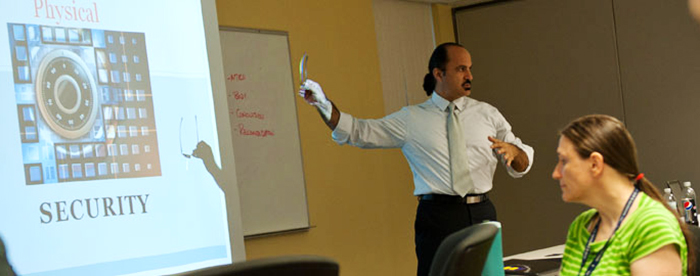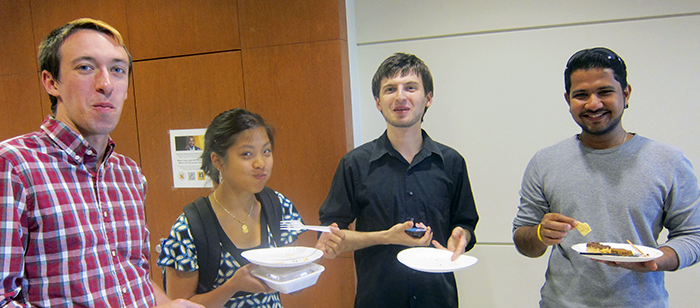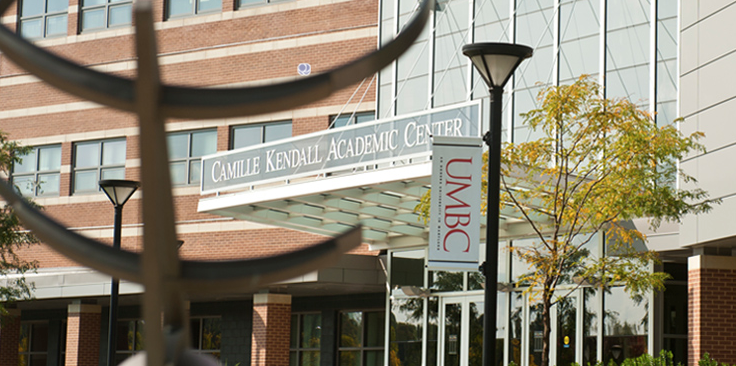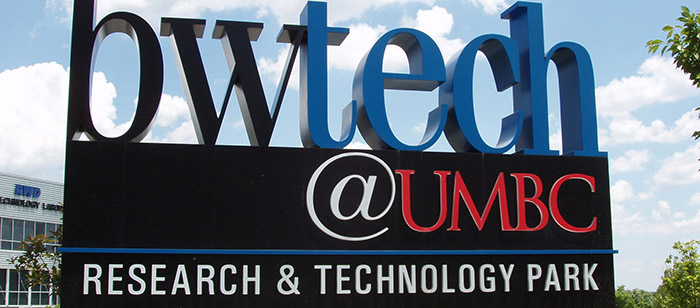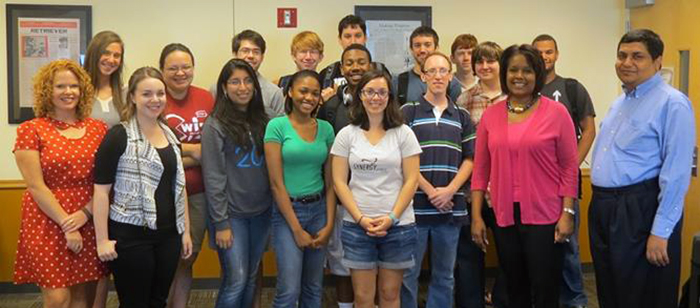
Efficient Secure Multi-party Computing and Its Applications
Dr. Yan Huang
University of Maryland, College Park
1:00-2:00pm Monday, 24 February 2014, ITE 325b, UMBC
University of Maryland, College Park
Secure Multiparty Computation offers cryptographically strong guarantees on the secrecy of data used in collaborative computing among untrusted parties. It has many important applications ranging from peer-to-peer secure auction to privacy-preserving data mining. In this talk, I will present my experience in making secure computation practical. I will also share my vision on how to blend modern cryptography, programming languages, and artificial intelligence research to solve interesting cyber-security problems.
Dr. Yan Huang is a research associate at the University of Maryland and the Maryland Cybersecurity Center. Dr. Huang is interested in developing secure protocols, with applications in private collaborative data mining, secure cloud computing, and cyber-physical systems. His research combines techniques from systems, cryptography, and programming languages to build secure systems. He is the creator of FastGC, a practical secure computation software framework, which has been downloaded more than 500 times and used in several research projects by both academia and industry labs world-wide. Dr. Huang graduated from University of Virginia with a Ph.D in Computer Science in 2012.
